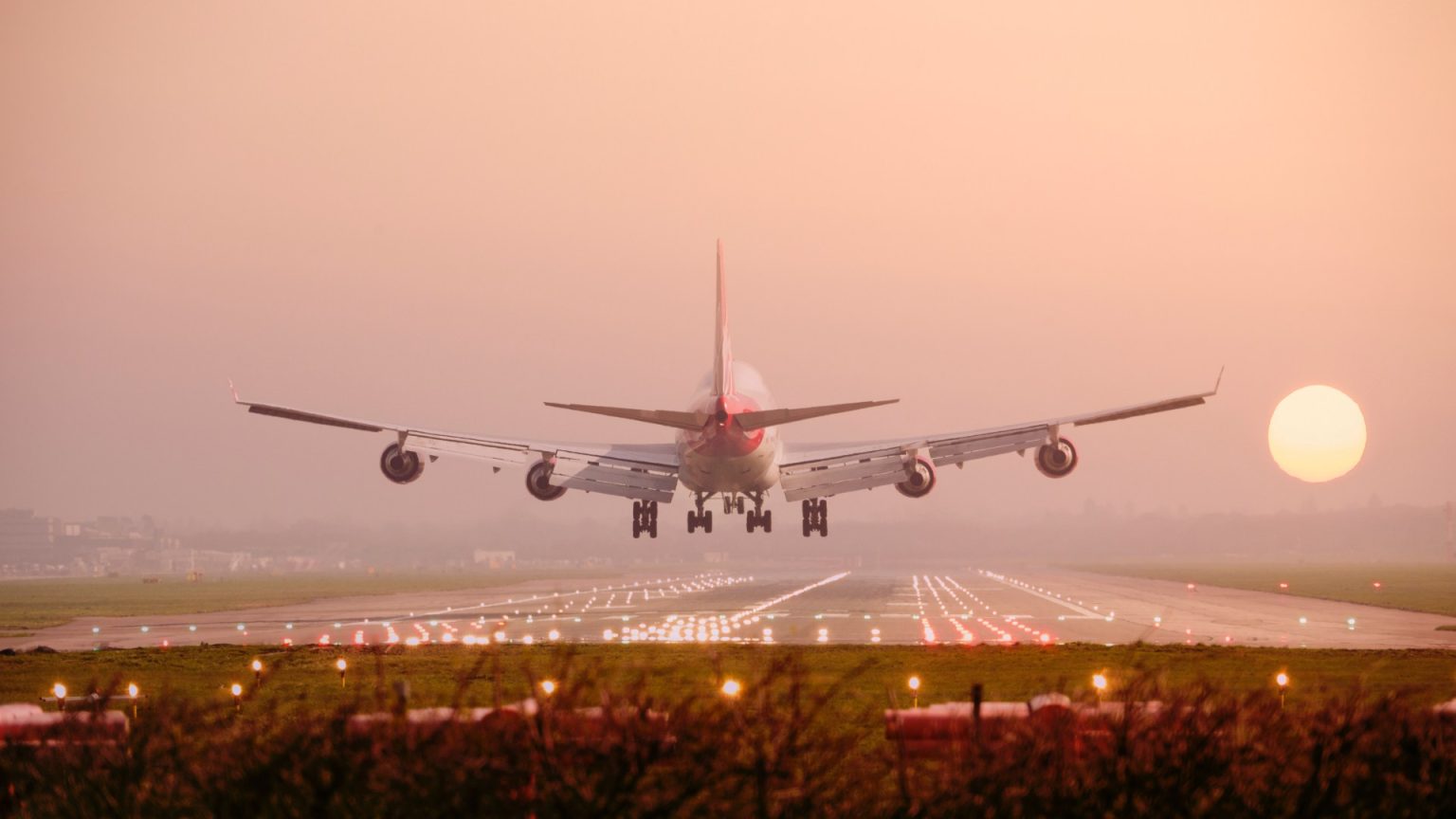Riyadh Air, Saudi Arabia’s ambitious new national carrier, has encountered a setback in its launch plans due to delivery delays from aircraft manufacturer Boeing. Initially slated to commence operations in the first quarter of 2025, the airline’s debut has been pushed back due to receiving only half the anticipated number of Boeing 787 Dreamliner aircraft. This development impacts Saudi Arabia’s broader tourism goals, aiming to attract 150 million visitors by the end of the year. While Riyadh Air CEO Tony Douglas expresses confidence in eventual deliveries, he acknowledges the inherent risks associated with the current situation. This delay underscores the challenges faced by Boeing, which has experienced a tumultuous period marked by production issues and safety concerns, impacting its ability to meet delivery schedules and maintain its position in the global aircraft market.
The delayed aircraft deliveries represent a significant hurdle for Riyadh Air, which aims to establish itself as a major player in the international aviation landscape. With aspirations to connect 100 destinations worldwide by 2030, the airline’s initial operational capacity will be constrained by the limited number of aircraft available. This constraint could affect the airline’s ability to capitalize on early market opportunities and build momentum in a competitive industry. Despite the setback, Riyadh Air has generated substantial interest, boasting over 336,000 job applications, including 48,000 from pilots, highlighting the appeal of the burgeoning airline and the employment prospects it offers. The airline’s base of operations, the under-construction King Salman International Airport in Riyadh, is poised to become a major aviation hub with a capacity of 120 million passengers upon its completion in 2030.
The new airport, a sprawling complex spanning 57 square kilometers, signifies Saudi Arabia’s commitment to developing its infrastructure to support its ambitious tourism goals. A portion of the airport will be dedicated to recreational facilities, further enhancing its appeal as a destination. The airline’s operations, however, will adhere to existing Saudi regulations, including those regarding alcohol sales. While alcohol is permitted in Riyadh’s diplomatic quarter, it remains prohibited elsewhere in the country, including the airport. Riyadh Air has indicated it will comply with these regulations but is open to adapting should the laws change. The airline is strategically planning its route network and prioritizing access to key Western European hubs, including London’s Heathrow Airport, reflecting its focus on connecting Saudi Arabia with major international markets.
Boeing’s production challenges extend beyond Riyadh Air’s order, impacting the company’s overall performance and its competition with rival Airbus. The grounding of its entire 777X test fleet due to structural cracks discovered in crucial engine components underscores the severity of the issues facing the manufacturer. These cracks, found in three out of four inspected aircraft, affected the engine’s “thrust link,” a critical component responsible for transferring engine thrust to the aircraft’s structure. This discovery prompted a halt to flight testing and necessitates repairs and further investigations to determine the root cause and ensure the safety of the aircraft. This incident further tarnishes Boeing’s reputation and adds to the mounting challenges it faces in regaining its footing in the aircraft manufacturing industry.
The combination of production delays and safety concerns has significantly impacted Boeing’s standing in the aviation sector, allowing Airbus to gain a competitive edge. The prolonged grounding of the 777X test fleet, along with other production issues, has led to order cancellations and delivery delays, impacting airlines worldwide. These setbacks have allowed Airbus to secure significant orders and solidify its position as a leading aircraft manufacturer. Boeing’s ability to address these challenges effectively and restore confidence in its products will be crucial for its long-term success and competitiveness in the global market.
Riyadh Air’s launch delay, while a setback, is viewed as a temporary adjustment in the context of broader industry challenges and the airline’s long-term vision. The airline remains committed to its ambitious growth plans and its goal of connecting Saudi Arabia with the world. While the initial phase of operations may be impacted by the reduced number of aircraft, Riyadh Air is confident in securing the remaining aircraft and establishing itself as a prominent player in the aviation industry. The support and resources provided by the Saudi government, coupled with the strategic development of King Salman International Airport, position Riyadh Air for future success as it navigates these initial challenges and works towards achieving its long-term objectives.











